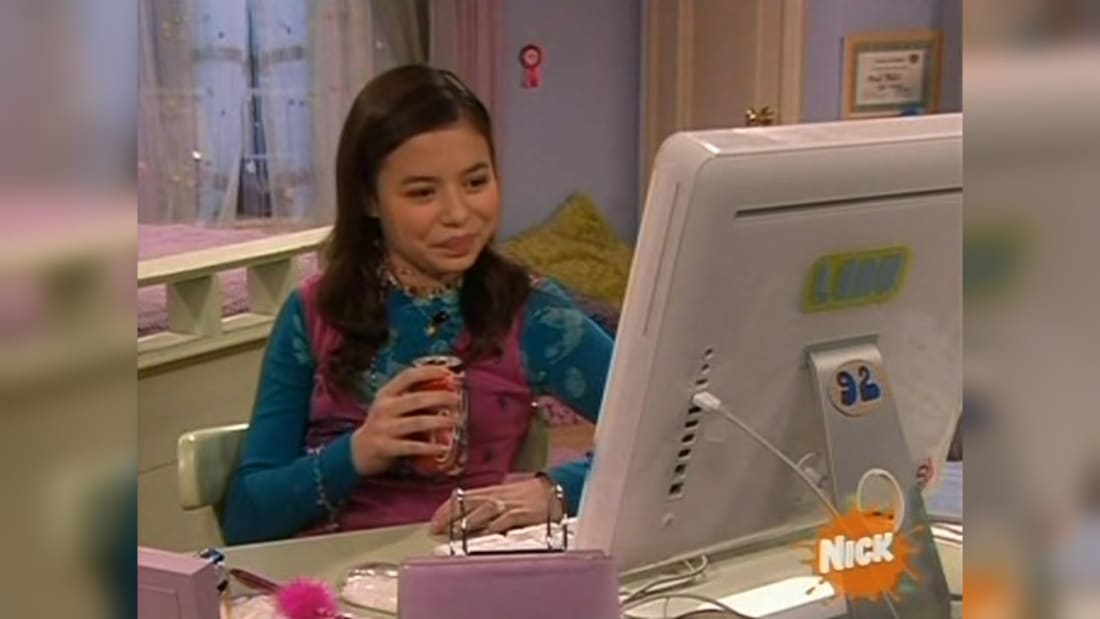How to manage conflict at work
Whether it’s in-fighting, authority issues or a colleague who just won’t leave you alone, here’s what you need to know
Whether it’s in-fighting, authority issues or a colleague who just won’t leave you alone, here’s what you need to know
By now, all the world knows that the atmosphere on the set of Don’t Worry Darling was probably, in a word, “tense”. The Olivia Wilde-directed film about a mystery 1950s-era community has been the source of plenty of gossip, most of which was lapped up happily on TikTok.
According to the rumours, there was tension between Wilde and members of the cast including Florence Pugh and Chris Pine due to her initial decision to cast Shia LaBeouf (who is the subject of multiple abuse allegations) in a main role as well as her later on-set romance with Harry Styles, who was brought in to replace LaBeouf. Then, there were the seemingly scandal-laden Venice Film Festival, which saw Pugh become a quiet quitting icon after arriving late to the festival with an Aperol Spritz in hand, Chris Pine’s soul leave his body while listening to Styles in a press junket and “spit gate” in which Styles may or not have been caught spitting on Pine. It’s a tangled web, that’s for sure!
Regardless of whether or not drama really was going on behind the scenes, the team got the project over the line: as of today, Don’t Worry Darling is in cinemas. But if the atmosphere surrounding the movie’s release has touched a chord with you thanks to your own work drama, we’re here to help. From how to stay focussed on your job to when to get help from above, Rachel Suff, senior employee relations adviser at the Chartered Institute of Personnel and Development, is on hand to give some answers.
Drama at work is distracting me from my job: how do I get back on track?
Rachel Suff: Experiencing conflict at work, be it a one-off disagreement or more serious bullying, can have a big impact on someone’s performance and wellbeing. It’s much better to try and address the conflict as early as possible, or it can fester and relationships deteriorate even more. If you can, be proactive and find out what help is available if you feel your wellbeing is affected and you would benefit from counselling or other support. See if there is someone you can talk to inside the organisation to help with resolving the conflict. Ideally this will be your line manager, but HR should be available for a confidential and supportive conversation.
How do I tell my manager if a co-worker is giving me trouble?
Rachel Suff: Hopefully your line manager will be able to act as a trusted and supportive facilitator between you and your co-worker to try and nip the conflict in the bud. It’s much better to resolve disagreements or inappropriate behaviour informally and as early as possible to prevent them from escalating. It could be helpful to make a note of what has occurred so you can explain what happened, as well as the impact the conflict is having on you. Arrange a confidential meeting with your manager and aim to discuss what steps could help to resolve the conflict. It’s hard not to personalise this kind of situation, but try to think about the longer-term culture in the team and how relationships can be maintained. How you respond and the action that’s needed will vary according to how serious the behaviour is.
The stress is stopping me from socialising at work. What should I do?
Rachel Suff: If you are open to resolving the conflict through facilitation by your manager, or by mediation, hopefully work relationships will improve and help you to feel comfortable taking part in social events. If conflict is pushed under the carpet, it will resurface and probably worsen over time.



